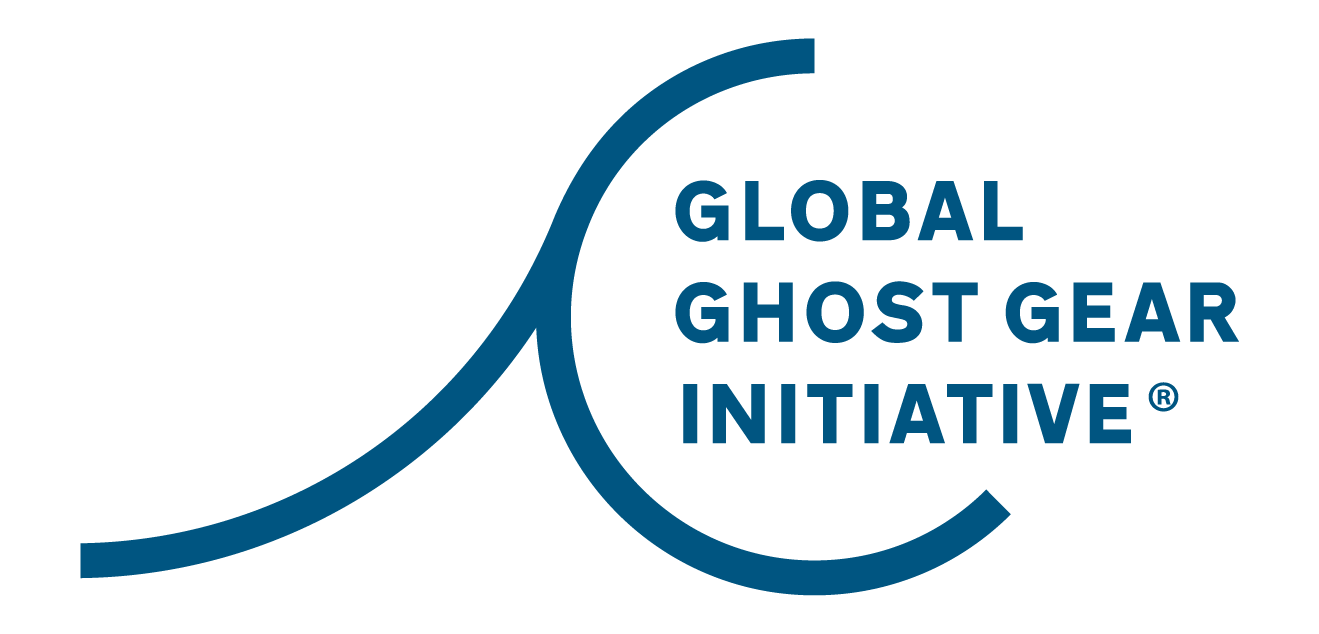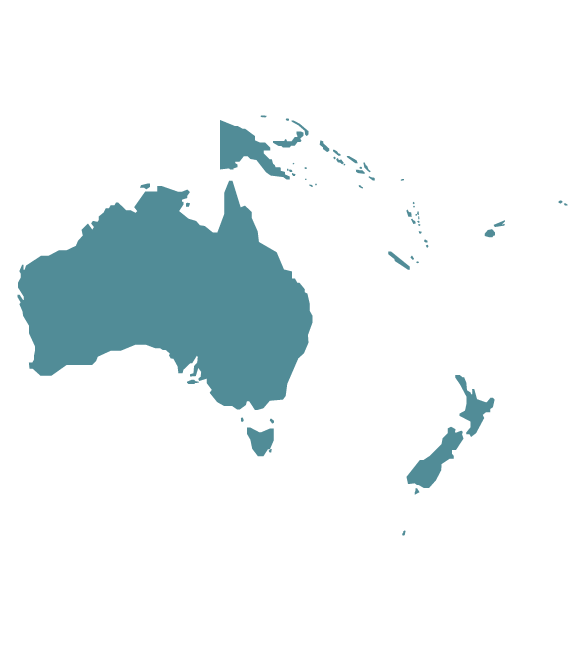Our
projects
Projects on this page are divided into two categories: GGGI Signature Projects and GGGI Small Grants.
GGGI Signature Projects are collaborative projects that have been designed by and funded through the GGGI involving several GGGI members and other partners contributing to large-scale and often multi-phase projects.
GGGI Small Grants are projects are funded through the GGGI Small Grants Program, which is a competitive bid-based program open to GGGI members only, pending available funding. GGGI Small grants typically involve one or more GGGI members working on specific projects in select geographies.
GGGI projects by region - select a region and then click “explore” to see projects from each region
All Projects
Search by Category
- Africa 3
- Asia 5
- Capacity Building Workshops 11
- Central and South America 1
- Data Collection 13
- EOL Gear Collection/Recycling 12
- Europe 4
- Fisher Interviews 9
- Gear Removal 24
- North America 14
- Oceania 2
- Outreach and Education 20
- Predictive Models 5
- Side Scan Sonar Surveys 5
- Technology Testing 8
- UAV Surveys 4
GGGI Signature Project - North American Net Collection Initiative (NANCI)
Our signature North American Net Collection Initiative (NANCI) project is the first-ever transboundary initiative to prevent ghost gear in the coastal waters of the western United States, Mexico, and Canada. The GGGI, along with the Government of Mexico and several local non-profit organizations (including WWF Mexico, Pronatura Noroeste, Manta Caribbean Project, Wildcoast, and Bureo Inc.), and supported by funding from a diverse set of funders including the U.S. National Oceanic and Atmospheric Administration’s (NOAA) Marine Debris Program, and the Builders Initiative, have come together to tackle ALDFG in a holistic way under the NANCI project banner.
GGGI Signature Project - Myanmar
Lost, abandoned and discarded commercial and artisanal fishing gear is emerging as a critical threat to Myanmar’s coastal ocean, where it impacts both ecologically and economically important living marine resources, including threatened and endangered species like dugongs, turtles, manta rays, and corals; and poses a threat to Myanmar’s budding ocean-based tourism industry. To address the challenge of ghost fishing gear in Myanmar, the GGGI and the Myanmar Ocean Project initiated a ghost gear removal pilot effort - the first of its kind in Myanmar. The project, funded by World Animal Protection and the National Geographic Society, focused specifically on the Myeik Archipelago, one of the most untouched island groups in the world. Throughout the islands of the archipelago, ghost nets from artisanal fisheries have been found beneath the surface, threatening key species such as manta rays, and harming the marine ecosystem. Ms. Thanda Ko Gyi, a Burmese national, highly skilled SCUBA diver, and founder of the Myanmar Ocean Project, was the first person in Myanmar to both raise the alarm about lost fishing gear and take the initiative to remove it, serving as Field Manager for the project.
GGGI Signature Project - Pacific Northwest
The Pacific Northwest region of Washington State and British Columbia is an area of incredible biodiversity and, as a result, significant fishing activity, particularly for Dungeness crab and various salmon species. There has been significant work done in the region previously by several GGGI members, including the Northwest Straits Foundation (NWSF) and Natural Resources Consultants (NRC) in Washington State and the Emerald Sea Protection Society (ESPS) in British Columbia. Part of this work by NWSF and NRC includes the creation of the Puget Sound Crab Pot Prevention Plan and the Reporting, Response, and Retrieval (RRR) Program for newly lost nets, a program being conducted in coordination with the Washington Department of Fish and Wildlife.
GGGI Signature Project - Indonesia
Led by the Government of Indonesia’s Ministry of Maritime Affairs and Fisheries (MMAF) in collaboration with the GGGI, the objective of the ALDFG 3R Pilot Project is to deliver pilot projects for the full ALDFG lifecycle across the “3Rs” —to reduce, retrieve, and recycle ALDFG—and to explore a circular economy blueprint that could be developed in Indonesia. In addition to generous funding from the Government of Netherlands, the activities are also being supported through funding from Bumble Bee Seafoods. The current phase of the project expands on the work that commenced in 2017 to assess the practical and economic feasibility of various gillnet gear marking options for small-scale and artisanal fisheries, prove gear marking could form part of a comprehensive fisheries management system to help reduce ALDFG and IUU, underpin and strengthen the provisional recommendations to the (then) draft UN FAO VGMFG, and scope the viability of a net recovery and/or recycling project.
GGGI Signature Project - Gulf of Maine and Rhode Island
Each year, thousands of lobster traps are lost in the Gulf of Maine due to poor weather, broken groundlines, and buoys buffeted by storms, or cut loose by boat propellers. These lost traps have significant ecological and economic impacts, resulting in diminished lobster populations and hundreds of thousands of dollars in lost revenue and replacement costs across the industry. To address this issue, the GGGI has been working with partners on the ground, including the Gulf of Maine Lobster Foundation (GOMLF) and Commercial Fisheries Research Foundation, as well as local fishers for years to help solve this problem by doing annual gear removals in the off-season as well as holding voluntary end-of-life “gear grab” events and local knowledge sharing and capacity building workshops.
GGGI Small Grant (2023) - Hagamos Más (Mexico)
Fundación Hagamos Más por Santa Rosalía (Hagamos Más) is a community service non-profit in Baja California Mexico that works with fishing communities to promote community participation and women’s empowerment on a variety of issues. Through the GGGI Small Grants Program, Hagamos Más has been implementing a “weigh and pay” program for the recovery of ALDFG and other plastic marine debris from Mexico’s westcentral Gulf of California coast, along with a variety of outreach activities with fishing communities in Baja California Sur, Mexico. Women from fishing communities have been trained and paid to be communicators for the program, an approach that has reached nearly 840 people in four priority communities so far. These women are dedicated and effective, and they have become community leaders in the effort to mitigate ALDFG in their local environment.
Joanna Toole Award (2023) - Surfrider Foundation Kauai (Korea, Japan, Taiwan, USA)
Hawaii, being the most remote island chain in the world and being very close to the North Pacific Gyre, is a hotspot for marine debris of all kinds, most notably ALDFG. This project, led by Surfrider Foundation Kauai, aimed specifically to address the challenges of eel trap entrances (ETEs) and their potential to ensnare wildlife such as Hawaiian monk seal pups and other marine animals. Eel traps, typically used in Asia but also in other places around the Pacific Rim, can float for thousands of kilometers on ocean currents, and many of them end up in the Hawaiian archipelago.
GGGI Small Grant (2022) - Emerald Sea Protection Society (Canada)
The Emerald Sea Protection Society (ESPS) small grant project consisted of targeted ghost gear recovery operations off the coast of British Columbia and media outreach to raise awareness of ALDFG. The original plan was to purchase a boom crane to increase the lift potential of the ESPS field vessel to pull ALDFG from the water to the surface. However, the vessel was deemed incompatible with a boom crane after an engineering assessment. For this reason, ESPS used funds allocated to this project to upgrade the ROVs, GPS systems and associated hardware that the society uses to detect and remove ALDFG.
GGGI Small Grant (2022) - Stichting Ghost Diving (Greece)
Stichting Ghost Diving is implementing a project dedicated to locating ALDFG in Mediterranean waters using unoccupied aerial vehicles (UAVs) in near-shore coastal environments. Through the course of this project, Stichting Ghost Diving is working with fellow GGGI member Wolf Fish Ltd. to perform aerial surveys using UAVs to gather information about the distribution of ALDFG along specific areas of the Greek coastline. Survey flights in areas of regional interest will return results about the type, location, and density of ALDFG, and about ALDFG impact across large regions of the coast.
Joanna Toole Award (2022) - Uganda Junior Rangers (Uganda)
This project is designed to address ALDFG along various fish landing sites around Lake Victoria, Uganda; analyze ALDFG impacts on the health of Lake Victoria fisheries; educate the local community on ALDFG; map ALDFG waste and disposal sites; and recover damaged, old and discarded fishing nets left in and around Lake Victoria or on its islands.
Joanna Toole Award (2021) - Myanmar Ocean Project (Myanmar)
The Myanmar Ocean Project (MOP) was founded in 2018 by SCUBA diver Thanda Ko Gyi to raise awareness about ocean conservation in Myanmar and to find solutions to protect the marine environment from harm caused by human activity, including impacts from abandoned, lost or discarded fishing gear (ALDFG). In collaboration with the GGGI, MOP has successfully conducted surveys and cleanup expeditions across the Myeik Archipelago, produced Myanmar’s first comprehensive ALDFG report, supported local community engagement, and removed nearly two tons of ALDFG from sensitive coral reefs.
GGGI Small Grant (2021) - Gulf of Maine Lobster Foundation (USA)
In June 2021, the Gulf of Maine Lobster Foundation, based in Kennebunk, Maine, Monterey Bay Diving, based in Monterey Bay, California, and commercial fisher and diver Jim Buxton, based in Portland, Maine, completed a cross-country collaboration to use side-scan sonar to attempt to identify ALDFG in Casco Bay, Maine. The team spent three full days in June 2021 using Monterey Bay Diving’s Edge Tech 4125 side-scan sonar unit to scan an area of approximately 20 square miles where there could be potential large masses of fishing gear.
GGGI Small Grant (2021) - Hawaii Pacific University Center for Marine Debris Research (USA)
Abandoned, lost and discarded fishing gear (ALDFG) washes ashore by the tons in Hawai'i, threatening corals and other marine life. Hawai'i Pacific University’s Center for Marine Debris Research (CMDR) has been detecting and removing ALDFG from the environment to identify the sources and quantify the damage done to coral reef habitats. Partnering with Hawaiʻi Institute of Marine Biology, The Nature Conservancy, and Makanakai Marine Services, with funding from the Global Ghost Gear Initiative (GGGI), CMDR used Structure from Motion (SfM) high-resolution 3D imagery of a coral reef to capture imagery of coral in a high-risk DFG strike zone in Kāne'ohe Bay. The goal of the project was to capture imagery of the reef before a net strike, with the net on the reef, and the reef after the net was removed, in order to quantify the damage and recovery of the reef over time.

Become a Member
Interested in becoming a member? Click the button below to learn more.



















